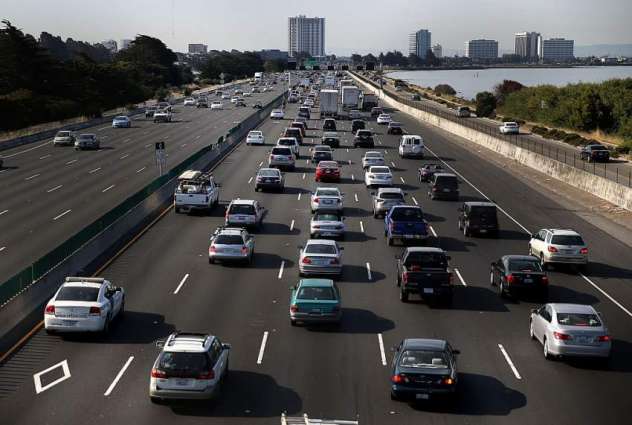While the European car industry appears to give its full backing to European Commission's ambitious proposal for effective ban of ICE (internal combustion engine) vehicles from 2035 onward, opposition to the initiative is nonetheless growing among its opponents, experts told Sputnik
BRUSSELS (Pakistan Point News / Sputnik - 24th September, 2021) While the European car industry appears to give its full backing to European Commission's ambitious proposal for effective ban of ICE (internal combustion engine) vehicles from 2035 onward, opposition to the initiative is nonetheless growing among its opponents, experts told Sputnik.
In July, the commission proposed to ditch the sale of new fossil fuel cars, including hybrid and natural gas vehicles, in a bid to reach a zero vehicle emissions target by 2035. Even though car manufacturers did not immediately oppose the scheme, there have been voices contradicting it.
In early September, Gilles Leborgne, Renault Group's Executive Vice President in engineering, requested that the ban on sales of gas vehicles is moved by five years to 2040 so that the carmaker provides more affordable vehicles to consumers first.
Czech Prime Minister Andrej Babis said that he would challenge what he described as the decision of the ecologists in the European Parliament. Italy also joined the opposition to the measure as it seeks to shield sports car brands, including Lamborghini, Ferrari, and others from it.
"It is a big challenging puzzle. We must make sure that all pieces are dealt with at the same time if Europe is to meet its very ambitious target: industrial adaptation, loading infrastructure, fiscal policies... It is only if all the right conditions are in place that the transition to the electric vehicle will happen smoothly," Cara McLaughlin, Communications Director for the ACEA (European automobile Manufacturers' Association), said.
Another issue in the implementation of the EU plan is the lack of enough charging points in 10 member states, including Lithuania, Poland, and Romania, the ACEA said, voicing concerns that the networks will not be established throughout the whole of Europe in time.
"Fiscality is also a major question mark: taxes and excises on car and fuel represent huge revenues for European governments. As fuels disappear, governments will have to carry the taxes forward to the vehicle or find another way to keep the revenue for the state, which could also increase the cost of an Electric Car for the customer. Not easy," a spokesperson for the association added.
Francisco Contino, an energy expert at the Ecole Polytechnique de Bruxelles, believes that the EU Commission's roadmap is simplified to the extreme.
"There are physical limits to the improvement of recharging. You can only intensify the process with more power. The electric charging will never beat the energy density of liquid fuels, and the issue is mainly the peaks of reloading when you instantly need a lot of power," he said.
The EU plan does not leave any room for existing alternative solutions, such as burning synthetic methane as a fuel. Overall, the European authorities should have proposed clear CO2 objectives, allowing carmakers to come up with creative solutions, the expert added.�




